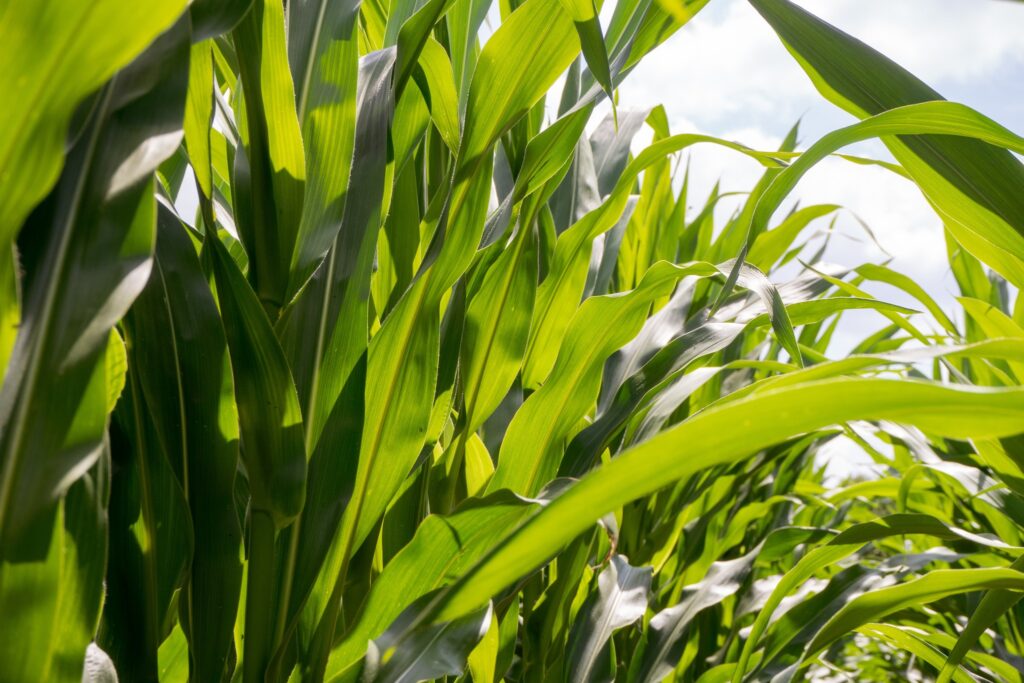The role of biostimulants in maize agriculture
Maize is one of the world’s most important crops, used for food, animal feed, and industrial purposes. To ensure optimal yield and quality, maize farmers rely on various methods and technologies, including biostimulants.

These natural compounds play a crucial role in supporting the growth, yield, and resilience of maize plants. Let’s delve deeper into the various ways biostimulants positively impact maize agriculture.
- Improved root development: Biostimulants can enhance the root development of maize plants by stimulating root growth. This results in a larger and deeper root system that can more efficiently absorb water and nutrients, making the plant more resistant to drought and nutrient deficiencies.
- Increased photosynthesis: By stimulating the activity of chloroplasts, biostimulants can increase photosynthesis in maize plants. This leads to improved production of sugars and other organic compounds, resulting in higher yield and quality of the harvest.
- Enhanced stress resistance: Maize plants are often exposed to various stress factors such as drought, heat, diseases, pests, and phyto stress. Biostimulants can strengthen the natural resistance of maize plants to such stress factors by stimulating the production of stress-related enzymes and antioxidants.
- Improved nutrient efficiency: By enhancing nutrient uptake and efficiency, biostimulants help maize plants make better use of available nutrients in the soil. This can lead to reduced reliance on chemical fertilizers and improved long-term soil health.
- Promotion of soil microbial activity: Some biostimulants, such as Aphasol, can stimulate beneficial microorganisms in the soil, such as mycorrhizae and rhizobacteria. These microorganisms contribute to a healthy soil structure and can help improve nutrient uptake by maize plants.
Overall, biostimulants play an essential role in promoting the growth, yield, and resilience of maize plants in modern agriculture. With their ability to improve root development, increase photosynthesis, enhance stress resistance, improve nutrient efficiency, and promote soil microbial activity, biostimulants have become a valuable tool for maize farmers worldwide.
